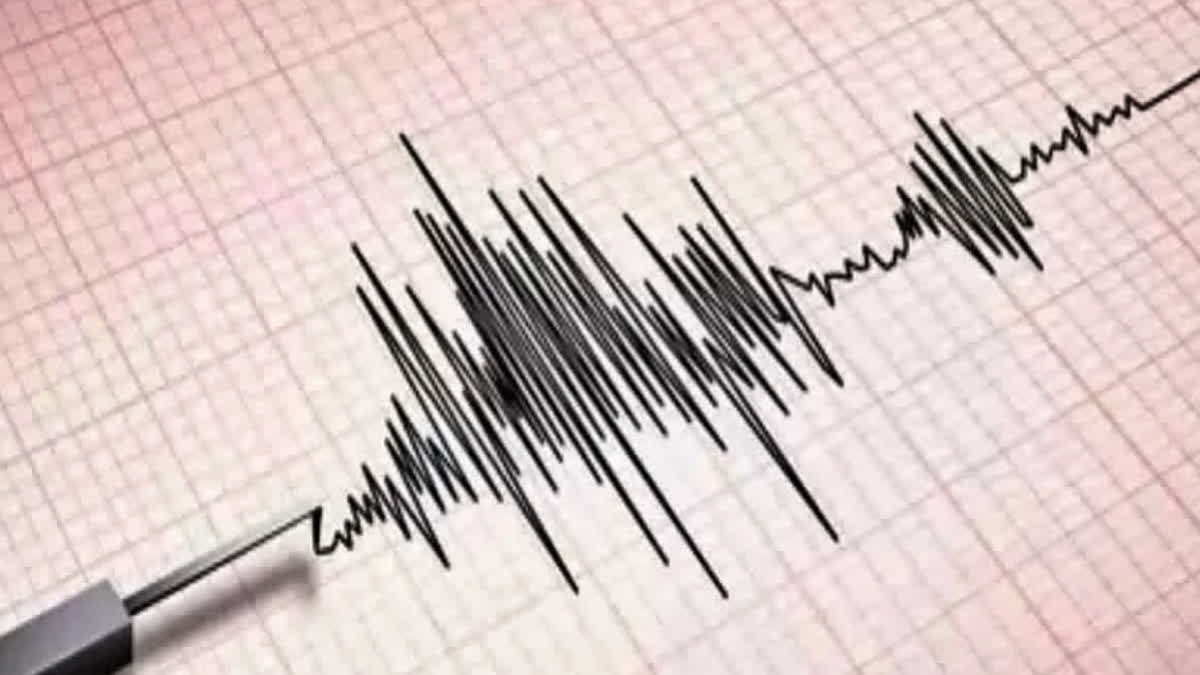Throughout this year, devastating earthquakes have left a trail of destruction in multiple countries, exacting a heavy toll on human lives, and compounding the suffering of vulnerable communities. In Ecuador, Peru, Pakistan, Iran, Haiti, Nepal, and New Zealand, these natural disasters have tested the resilience of local populations. In February, a catastrophic earthquake in Turkey and Syria claimed over 59,000 lives, while Morocco experienced a loss of nearly 3,000 lives in a recent seismic event.
Tragedy further unfolded in Afghanistan, where the death toll from a powerful earthquake in the western region surpassed 4,000, exacerbating the already dire situation. Afghanistan has grappled with international isolation since the Taliban's controversial rise to power two years ago, coupled with severe economic challenges. The earthquake, a cruel twist of fate, has plunged the Afghan people deeper into despair. The humanitarian crisis in the earthquake-affected regions is heart-wrenching, with victims urgently in need of assistance.
Regrettably, this scenario is eerily reminiscent of last year when another quake struck the turbulent Hindu Kush Mountain range in Afghanistan, resulting in the loss of over 1,000 lives, and many remained without timely aid. Remarkably, the impact of an earthquake in North-East Afghanistan last March reverberated all the way to India's capital, New Delhi, a thousand kilometres away, underlining the importance of disaster preparedness. Even though earthquakes affect nearly 59% of India's land area, there exists a concerning lack of adequate disaster preparedness measures in place.
Numerous studies serve as harbingers of the seismic peril looming over some of India's most densely populated cities, including Delhi, Kolkata, Chennai, Pune, Mumbai, Ahmedabad, and more. The potential consequences of an earthquake in Mumbai, with its tightly packed multi-story buildings reminiscent of pigeonholes, are a source of deep concern. The unpredictability of such an event is a chilling reality that cannot be ignored. In the past, both the National Disaster Management Authority (NDMA) and IIT Bombay have issued warnings, underscoring the urgency of preparedness.
